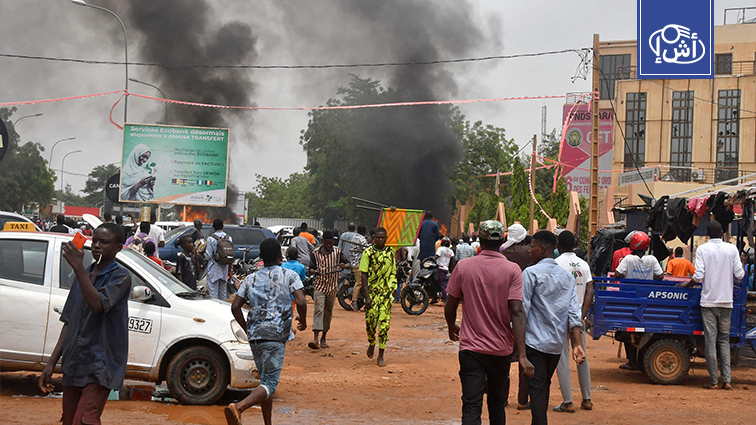Hundreds of thousands of people in Nigeria have begun returning to their homes from which they fled years ago due to attacks launched by terrorist organizations such as “Boko Haram” and “ISIS” in the northeast of the country.
The Boko Haram organization has appeared in Nigeria since the beginning of the second millennium, and has carried out mass terrorist attacks since 2009, killing more than 20,000 people across the country. The organization has also carried out attacks in Cameroon, Chad, and Niger, neighboring Nigeria, since 2015.
Hundreds of thousands of people were forced to leave their homes and migrate due to attacks carried out by “Boko Haram” and the “ISIS” arm in West Africa in the states of Adamawa, Borno and Yobe in northeastern Nigeria.
According to the United Nations, 2.7 million people have been displaced over 11 years due to the ongoing Boko Haram attacks in Nigeria, and many of them have sought refuge in neighboring countries such as Chad, Cameroon and Niger.
The Borno state government announced that after security was restored in the region, hundreds of thousands of people who had left their homes due to attacks since 2015 began to return.
The Governor of Borno, Babagana Zulum, said in press statements that great progress has been made in combating terrorism in the state recently, and that 300,000 people have returned to their homes.
Mohammed Kosha, director of the Popular Initiative to Strengthen Community Resilience (GISCOR) in the Rann region of Borno, confirmed that hundreds of thousands of citizens have sought refuge in Cameroon due to terrorist attacks.
Kosha pointed out that security has been maintained in the Rann area for a year and a half, and that the government has built a third of the homes that were burned by “Boko Haram.”
Kosha stated that more than 40,000 local residents returned to their homes in Ran within two months.
For his part, Nigerian citizen Dagash Adamu Khalil, one of the returnees, expressed his happiness at returning to his home after he lost everything in a “Boko Haram” attack in 2015 and was forced to leave Rann due to fear.
Khalil explained that he returned to his home after living for about 9 years in a refugee camp in Cameroon and opened a grocery store to cling to life.
Khalil pointed out that agricultural lands were damaged by attacks in the region, and that the biggest problem is food.
Niger is liberated from colonialism…a partnership with Russia to rebuild and advance
